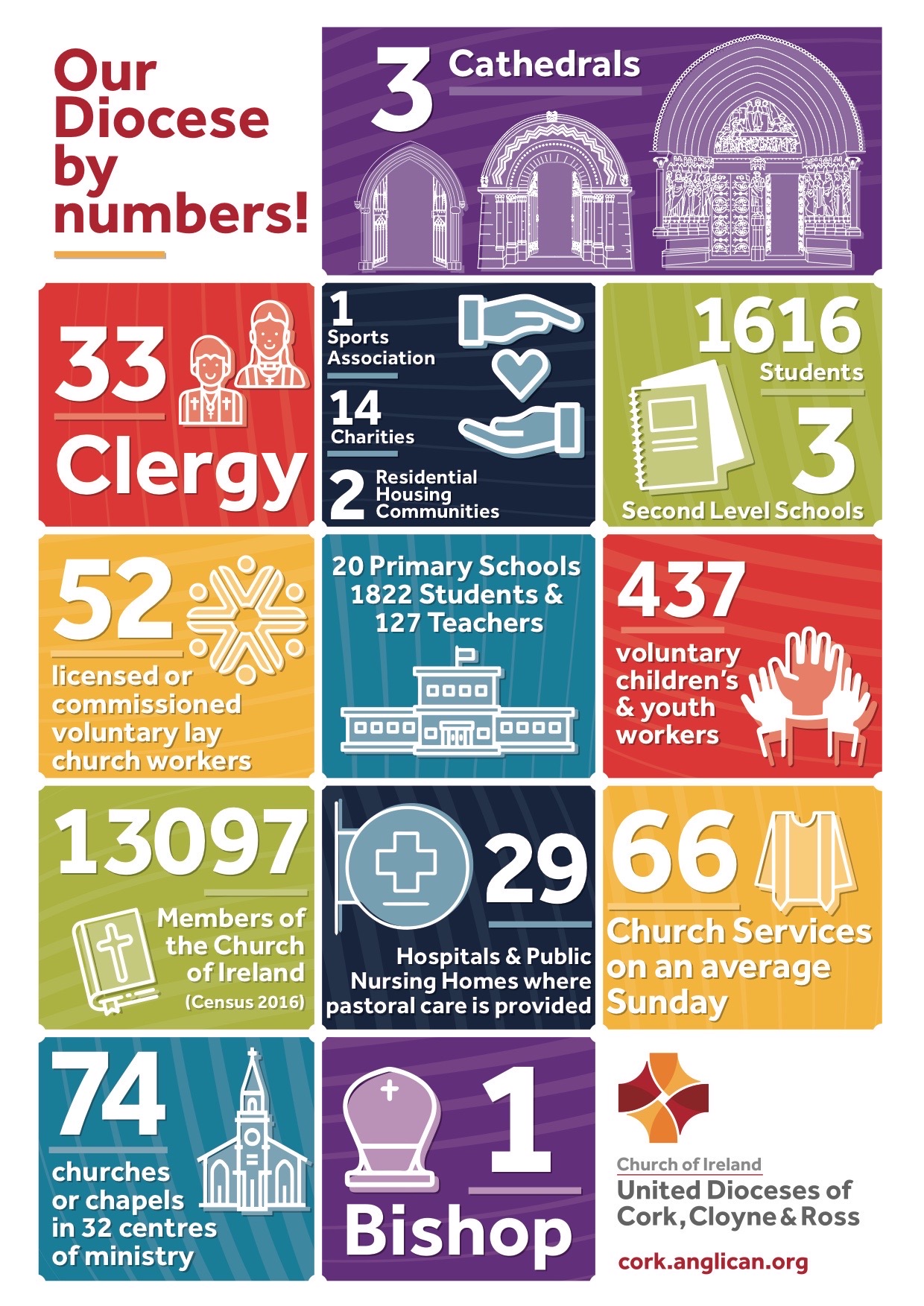Discover The Remarkable Advancement Of Catholic Institutions And Their Extensive Influence On Education And Learning-- Could Their Traditions Hold The Crucial To Future Understanding?
Discover The Remarkable Advancement Of Catholic Institutions And Their Extensive Influence On Education And Learning-- Could Their Traditions Hold The Crucial To Future Understanding?
Blog Article
Material Writer-Eskesen Berthelsen
When you take into consideration the background of education and learning, Catholic colleges stick out for their ingrained practices and enduring impact. These establishments began as a means to infuse belief and values, but they have actually adapted remarkably over centuries. Today, they play a crucial role in shaping not simply scholastic success but likewise moral integrity. What's interesting is how they've taken care of to flourish among altering cultural landscapes, questioning regarding their future relevance and effect.
The Origins of Catholic Education: A Historic Point of view
Catholic education traces its roots back over 1,500 years, when early Christian neighborhoods identified the demand for organized understanding. You'll find that these areas intended to pass on their confidence and worths through education.
Monasteries and basilica institutions became centers of knowing, supporting both spiritual and intellectual growth. As you delve deeper, you'll see that the curriculum frequently included approach, theology, and the liberal arts, designed to create well-rounded people.
Over https://www.usnews.com/education/blogs/college-admissions-playbook/articles/2019-07-22/how-to-select-the-right-ap-classes-for-you , the Church established much more formal institutions, making sure that education continued to be available to all. The commitment to mentor ethical values and promoting a sense of area has actually lingered with the centuries, shaping the educational landscape and influencing many lives worldwide.
This enduring tradition continues to inspire Catholic education and learning today.
The Evolution of Catholic Institutions Via Social Contexts
As societies progressed, so did the duty of Catholic institutions, adjusting to the social contexts in which they existed. In the very early years, these organizations concentrated mainly on spiritual direction, yet as neighborhoods branched out, they started to integrate local languages, custom-mades, and instructional requirements.
simply click the following page would certainly notice that Catholic institutions commonly came to be facilities for social cohesion, fostering a sense of belonging among trainees from various histories. In several regions, they resolved societal problems, such as poverty and discrimination, by providing obtainable education for all.
As you discover different cultures, you'll see just how Catholic institutions have moved their educational program and teaching techniques, reflecting the values and obstacles of their atmospheres while remaining true to their foundational objective of faith and scholastic quality.
The Modern Function and Influence of Catholic Schools in Culture
In today's globe, Catholic colleges play a crucial duty fit not simply the educational landscape, however additionally the more comprehensive neighborhood.
You'll locate that these institutions stress values like regard, compassion, and social justice, promoting all-round people who contribute positively to society. By focusing on academic quality and moral growth, Catholic colleges prepare pupils for future difficulties, supporting critical thinking and management abilities.
They commonly offer varied populaces, linking gaps in accessibility to quality education. In addition, you could discover their dedication to solution, motivating trainees to take part in area outreach and volunteer job.
This blend of education and learning and moral guidance makes Catholic colleges a significant force, cultivating accountable residents who can influence their communities for the better.
Final thought
In conclusion, Catholic schools have an abundant background that's shaped their long-lasting impact on society. You have actually seen just how they've adapted to various social contexts while keeping a commitment to faith, worths, and scholastic excellence. Today, they continue to play an essential function in cultivating community, advertising social justice, and nurturing liable people. As you reflect on their tradition, it's clear that Catholic institutions remain an effective force for positive adjustment on the planet.
